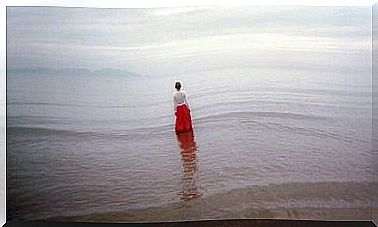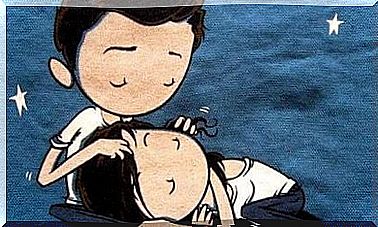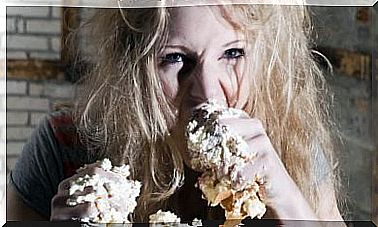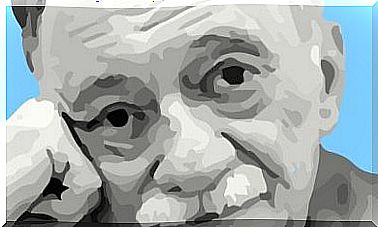Parents Who Die – The Worst Thing That Can Happen To A Child
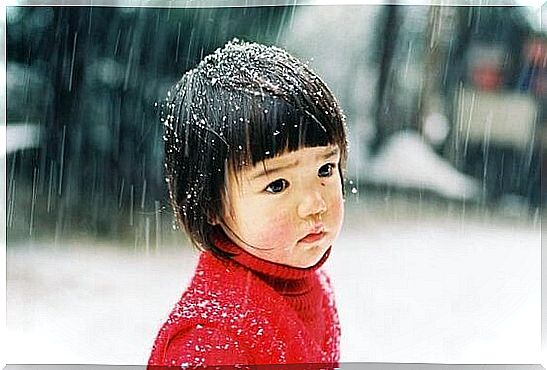
“I lost my father when I was 8, almost 9 years old. I have not forgotten his deep and gracious voice. They say I look like him. But there is one thing that makes us different. My father was an optimistic man. ” This is how Rafael Narbona begins his testimony. He is a man who lost his father when he was very young. This is a situation that has marked his life forever. It is proof that parents who die are the worst thing that can happen to a child.
During childhood, children establish a special bond with their parents. These bands are often positive and unconditional. Thanks to their parents, the children experience a first contact that will shape their future relationships. With their support, with them as role models, these people will help them uncover a path that is still unknown to them… Remember that children are beginners in the game of life, and therefore parents who die have a big impact on them.
Why me? What would have happened if my parents had not died? What had they had to say about my current life? Had they been proud of the decisions I have made? These are questions that do not have a right or wrong answer. However, they often accompany these individuals throughout the rest of their lives.
Rafael Narbona still feels how difficult it was for him to lose his father at the age of 8 due to a heart attack. He could not understand why this unexpected thing had happened to him, which led him to ask himself the question “Why me?” . He sought solitude and isolated himself when he should have really enjoyed life with the other children.
You might from an adult’s perspective think that children usually forget things quite quickly. However, this is not the case for important life events. A child experiences everything that happens to them with great intensity. And the imprint that each event leaves behind is very difficult to erase. The sadness of the opportunity, to see other children with their parents, and this new, unknown, painful reality can be something that the child may be dragged along with for the rest of his life.
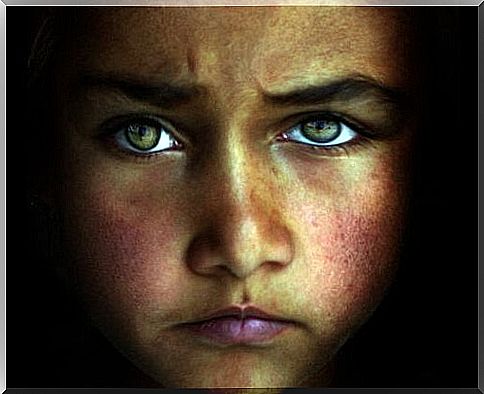
The death of a parent begins a grieving process with successive phases that will be shorter or longer depending on the person. It also depends on how much they are affected by the situation. The initial anger, rage, and denial should later be replaced by sadness and acceptance. In the case of Rafael Narbona, it took a while for the anger and rage to disappear. These feelings were especially intense during his teens.
Standing up against authority figures and not respecting the curfew is sometimes not something that indicates a lack of upbringing. Sometimes it indicates a terrible pain that still remains within the individual. It is a way of manifesting their misfortune against something that is still repulsed by their inner world.
Like many other children who lose a parent, Narbona went from a state of constant struggle against the world that manifested itself as anger. He became a professor, journalist and writer, just as his father was. In his own pain, he idealized his father until he reached a turning point where he chose to follow in his footsteps. However, the sadness remained. He underwent a healing process where he saw his father as someone who was not perfect, but who was genuine.
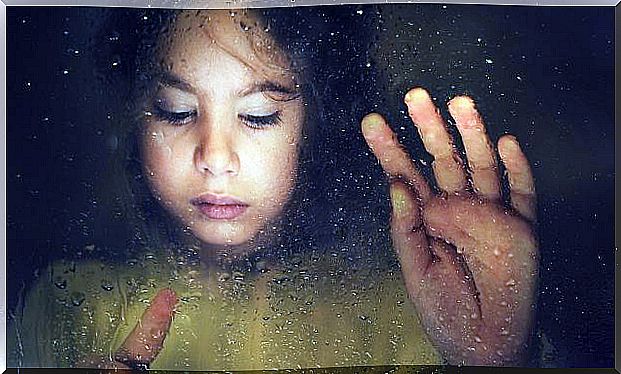
When a parent dies, the child tends to hold on to his or her idealized image while rebelling against a world that took the person it loved. Sometimes it tends to follow in the parent’s footsteps due to a deep-rooted desire. Not a desire to replace the person, but to feel closer to that beloved individual. However, there is still a deep sadness and bitterness towards the world when these children are affected by parents who die.
Children suffer a lot if they lose one of the parents in the early years. Letting them express their feelings and letting them talk about how they are feeling is therefore something that becomes very important. This means that their emotions do not stagnate within them, without gaining any meaning.
In these cases, there is a risk that their feelings will come out at a later stage in life. They will also be significantly stronger and with more rage. At this point, we will have a worse opportunity to help the child.
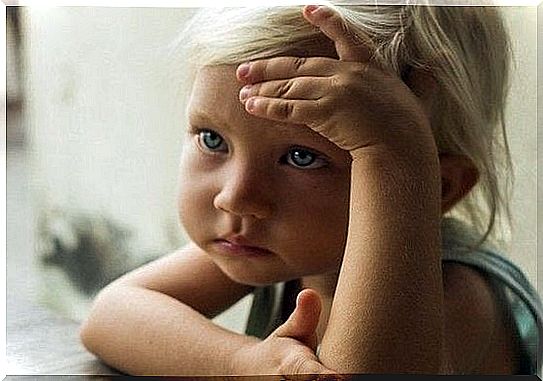
We cannot avoid this happening, but we can gain more strength with each blow we are forced to endure. This will be an opportunity to learn and become more enduring. To mature at its own pace. To realize that life is not against you, but that it just is – and sometimes it can be random. In the end, the sadness, with the help of acceptance, will be transformed into a peaceful nostalgia.
